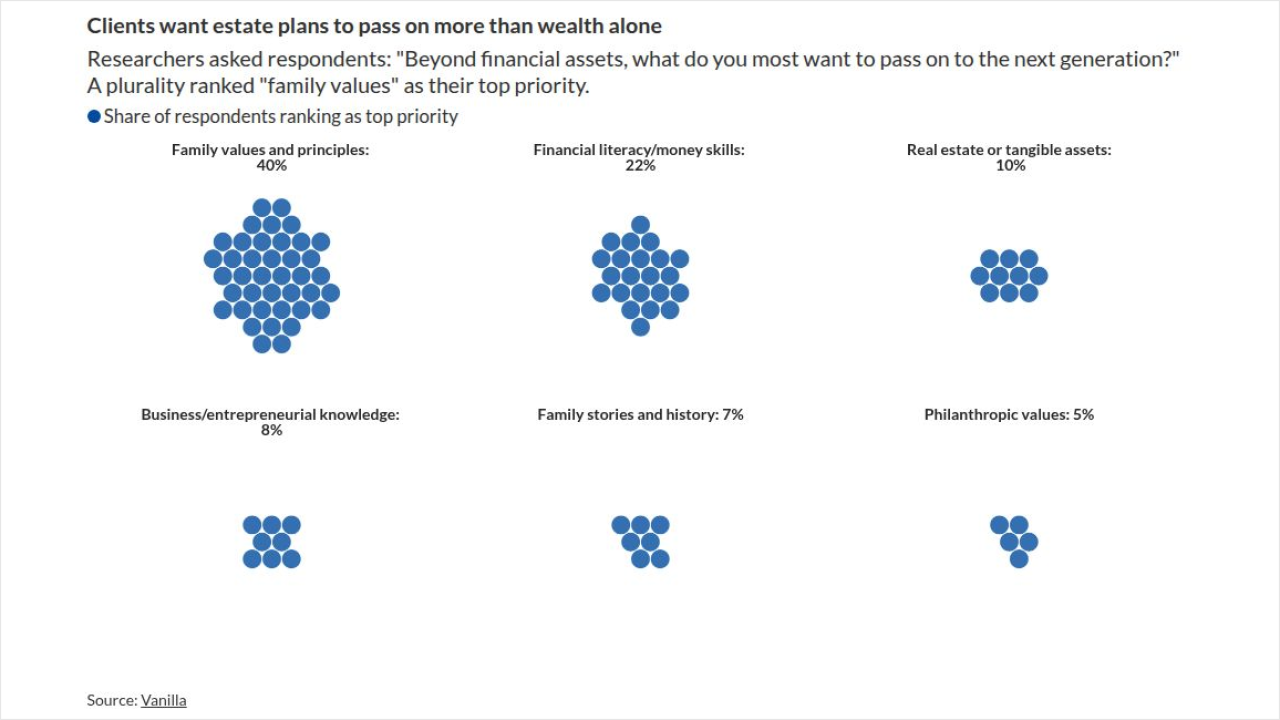Financial planning professionals Elisabeth Cullington and Janet Acheatel have a passion for working with women who are, in their view, poorly served by the financial services industry. That’s why they decided to form a practice focused entirely on women at San Diego-based wealth management firm HoyleCohen LLC.
“We are taking a very holistic approach to helping these women lead the life they love,” Acheatel said. That may involve a career transition, a divorce, or widowhood -- all situations where women can need specialized financial advice.
Called “Wealth by Design for Women,” the new practice was launched in July 2011 and is designed to take clients through a comprehensive wealth management process that begins with an understanding of each client’s priorities and attitudes about money.
One major focus of the practice is personal finance education. Many of the clients they deal with “are newly independent,” Cullington said, and “have not had the experience of investing money and planning for their future.”
Studies also show that many women who work with financial professionals are not happy with the investment advice they receive. “Something has gone awry in the investment word that women are misunderstood and do not feel served well,” Cullington said. “Women do not feel like they are being listened to.”
This is a mistake, Cullington said, because women 50 years of age and older control a net worth of $19 trillion dollars. Acheatel added that 85% of money will pass through a woman’s hands during her lifetime. Longer life expectancy is one factor in all of this -- most women outlive their husbands. However, historically, many women have not been as savvy about money or as involved in major financial decisions as their spouse.
Women who are stay-at-home moms have been out of the workforce and often if there is a relationship with a financial advisor, it is the husband who is the primary client.
Acheatel said, “just in general we found men are more likely to ask for what they need or want,” whether it’s a pay raise at work or assets in a divorce settlement.
Both Acheatel and Cullington said they were drawn to solving this problem by seeing some of the effects of this lack of good financial advice for women first hand.
Acheatel retired from working in the institutional side of the business in 2008. Previously she held a variety of senior positions at Brandes Investment Partners, Nicholas Applegate Capital Management and Lexington Capital Management.
In her retirement, Acheatel began doing some volunteer work with widowed women. That work ignited a passion to help women facing life changes such as widowhood and led to her joining HoyleCohen.
Cullington said that her interest in this type of practice came after her own divorce, where even with her status as a financial planner, “I realized I wasn’t well served in terms of the advice I was given. I wasn’t prepared for the aftermath.”
She became certified as a divorce planner to help people during this difficult time when, she said, because of the huge emotional toll, “people have no business making any financial decisions and yet they are expected to make the most important financial decisions.”
By helping women who were divorcing to deal with financial issues she could see them becoming empowered -- not just in their divorce proceedings, but in other areas as well, she said.
In addition to women in transition, the practice also serves entrepreneurs and small-business owners, Cullington said. These women are “so passionate about their business, they are consumed by it. And they have a difficult time integrating their personal financial planning.”
To find clients the new practice has been getting referrals both from existing clients of the firm and also from centers of influence in the San Diego area. The pair are also launching a symposium for the public in October in conjunction with Susan G. Komen for the Cure, a nonprofit focused on breast cancer awareness and research, as way to bring financial education to women.
“Our job is to really stop and say, ‘What are the critical things in your life?’” Cullington said. Whatever a woman’s marital status, they should “really think through what’s important in their lives,” she said, and let that drive their financial plan.





